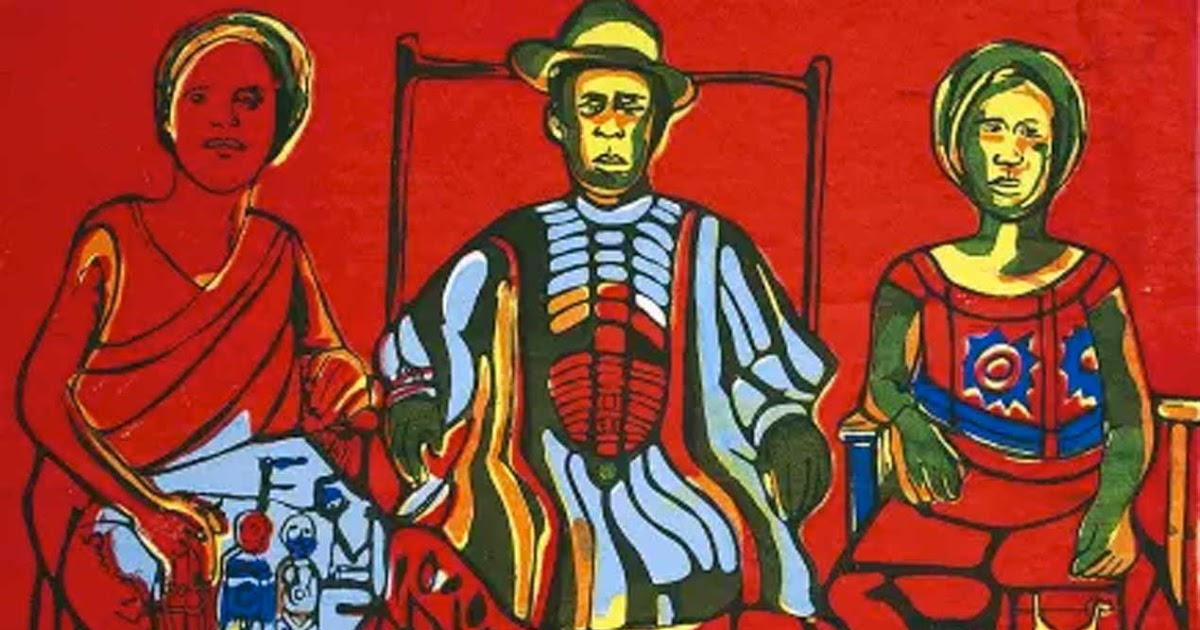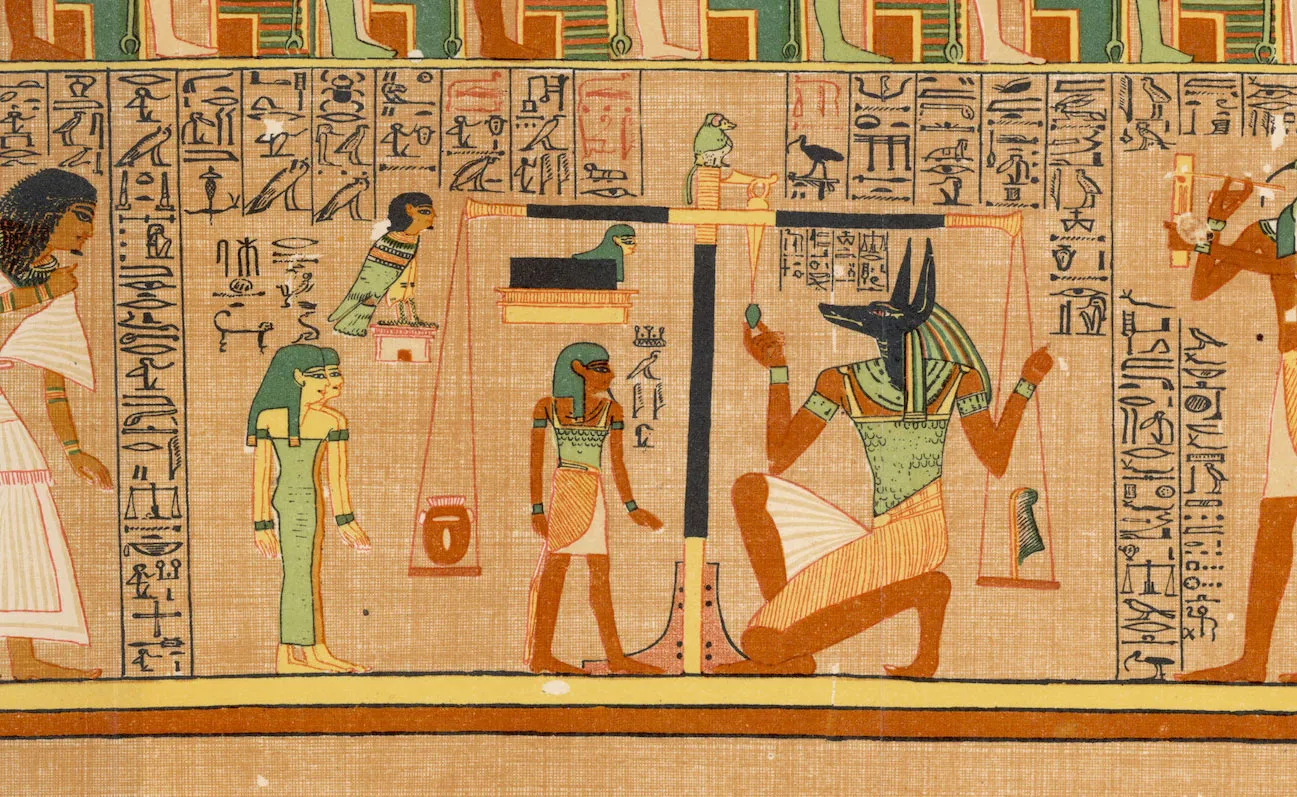Yuri Gagarin’s monumental achievement as the first human in space on April 12, 1961, not only marked a significant scientific milestone but also deeply influenced Soviet cultural identity. Hailing from humble beginnings—born on March 9, 1934, in Klushino, Russia—Gagarin’s journey from a carpenter’s family to international hero encapsulated the Soviet ideal of meritocracy. His ascent resonated with the populace, embodying the belief that dedication and talent could transcend social origins.
Beyond his orbital voyage, Gagarin’s persona became a cornerstone of Soviet propaganda, symbolizing national pride and technological supremacy. His cheerful demeanor and iconic exclamation, “Poyekhali!” (“Let’s go!”), during liftoff, endeared him to citizens and solidified his status as a cultural icon. This catchphrase permeated Soviet media, reflecting the collective spirit of the era.
The legacy of Gagarin’s mission continues to influence Russian space endeavors. Modern cosmonauts honor traditions established in his time, such as pre-launch ceremonies that pay homage to his pioneering flight. These customs reinforce a sense of continuity and national pride, linking contemporary achievements to the rich tapestry of Soviet history. Gagarin’s story remains a testament to how individual accomplishments can shape and reflect the cultural consciousness of a nation.





